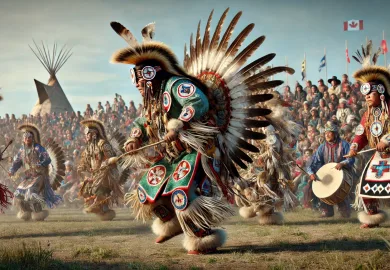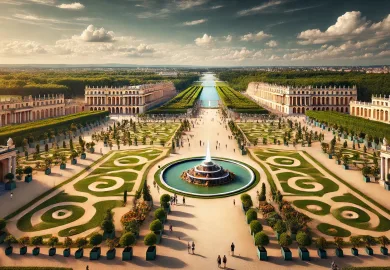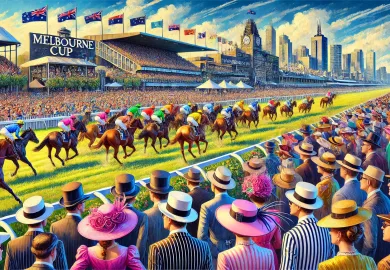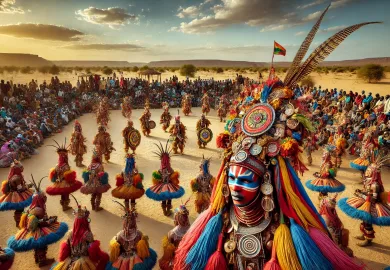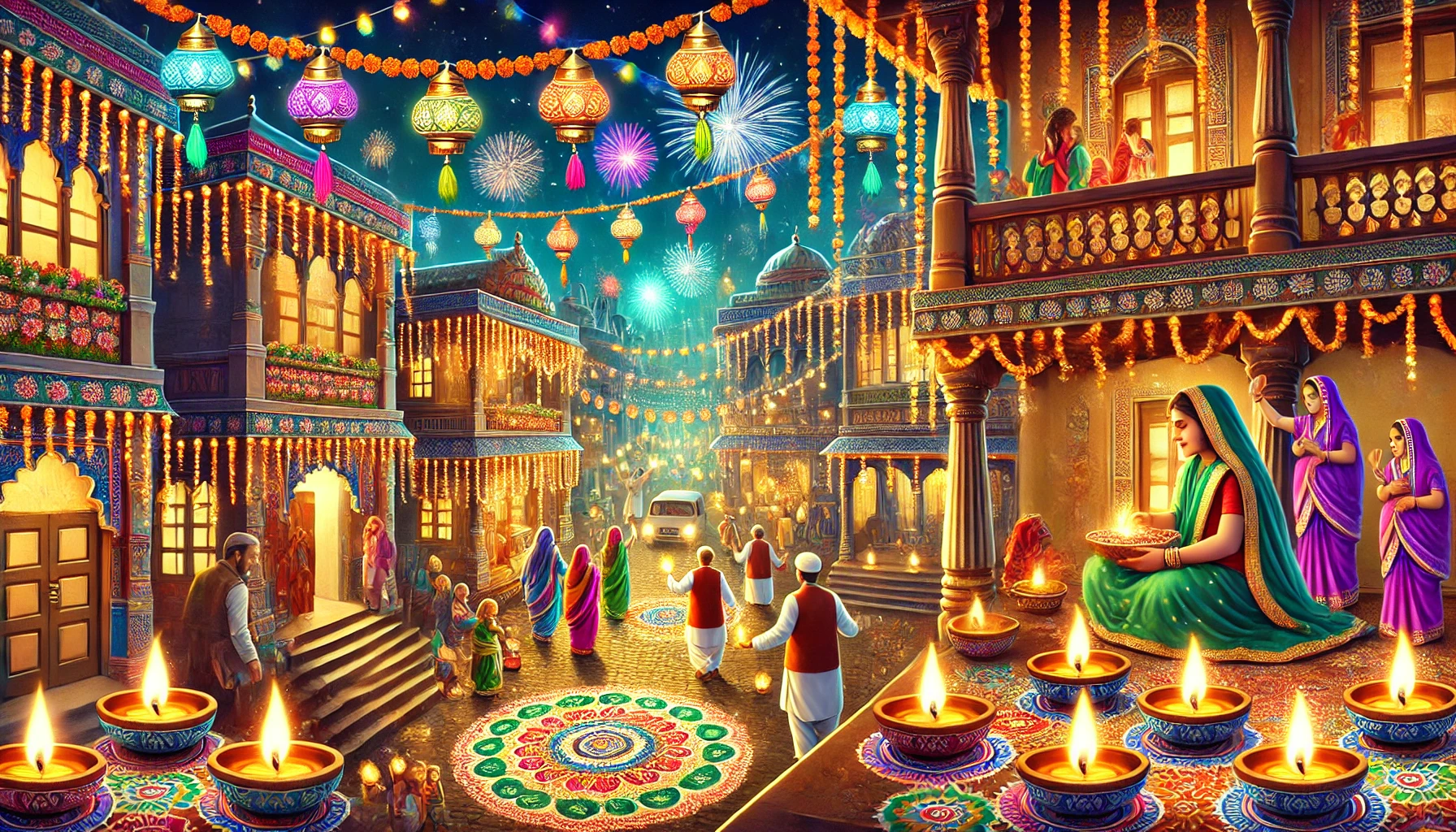
Disclaimer: This content was generated using AI. While I strive for accuracy, I encourage readers to verify important information. I use AI-generated content to increase efficiencies and to provide certain insights, but it may not reflect human expertise or opinions.
Diwali, often referred to as the “Festival of Lights,” is one of the most significant and widely celebrated festivals in India. This grand festival, which illuminates homes and hearts alike, marks the triumph of light over darkness and good over evil. With its roots deep in Indian culture and mythology, Diwali is celebrated with great fervor and enthusiasm across the country, making it a truly unifying event that transcends religious, regional, and cultural boundaries.
The Significance of Diwali in Indian Culture
Diwali is not just a festival; it’s a reflection of India’s rich cultural heritage. Celebrated by millions of Hindus, Sikhs, Jains, and Buddhists across the world, Diwali signifies different things to different communities. For Hindus, it primarily commemorates the return of Lord Rama to Ayodhya after 14 years of exile, during which he defeated the demon king Ravana. The joyous citizens of Ayodhya lit oil lamps to guide Lord Rama and his wife, Sita, back to their kingdom, symbolizing the victory of light over darkness.
In Jainism, Diwali marks the nirvana or spiritual awakening of Lord Mahavira, the last of the 24 Tirthankaras. For Sikhs, Diwali is significant as it marks the release of Guru Hargobind Ji from imprisonment, along with 52 other kings. Buddhists, particularly Newar Buddhists in Nepal, celebrate Diwali by lighting lamps and making offerings to Lakshmi, the goddess of wealth, seeking prosperity for the year ahead.
The multifaceted significance of Diwali highlights India’s diversity and the various interpretations and traditions that surround this festival, making it a unique and inclusive celebration.
Rituals and Traditions: How Diwali is Celebrated
Diwali is a five-day-long festival, each day holding its own unique rituals and significance. The festivities begin with Dhanteras, a day dedicated to wealth and prosperity. On this day, people clean their homes and purchase new items, particularly gold, silver, or kitchen utensils, as it is believed to bring good luck.
The second day is Naraka Chaturdashi, also known as Choti Diwali, which celebrates Lord Krishna’s victory over the demon Narakasura. On this day, people wake up early, bathe in fragrant oils, and wear new clothes. Houses are decorated with rangoli, intricate patterns made from colored powders, flowers, or rice, to welcome the gods.
The third day, which is the main day of Diwali, is Lakshmi Puja. Families gather to worship Goddess Lakshmi, the deity of wealth and prosperity, seeking her blessings for a prosperous year ahead. Homes are adorned with oil lamps (diyas) and candles, and fireworks light up the night sky, symbolizing the banishment of evil spirits.
The fourth day is Govardhan Puja or Annakut, where devotees prepare a vast array of vegetarian dishes to offer to Lord Krishna, thanking him for his protection and blessings. This day also celebrates the bond between husband and wife, with husbands often giving gifts to their wives.
Finally, the fifth day is Bhai Dooj, a celebration of the bond between brothers and sisters. Sisters pray for their brothers’ well-being and prosperity, and in return, brothers give gifts as a token of their love and protection.
The Spiritual Essence of Diwali
Beyond the rituals and celebrations, Diwali carries a deep spiritual essence. It is a time for self-reflection, renewal, and inner cleansing. The festival encourages individuals to remove the darkness within themselves and embrace the light of knowledge, truth, and righteousness.
Diwali also signifies the importance of family and community. The act of lighting lamps and sharing sweets fosters a sense of unity and togetherness. It is a time when people forgive past grievances, renew friendships, and strengthen familial bonds. The exchange of gifts and sweets symbolizes the sharing of joy and goodwill, making Diwali a festival that promotes harmony and peace.
Moreover, Diwali is also seen as an occasion to express gratitude for the blessings of the past year and to pray for success and prosperity in the coming year. The lighting of lamps is a symbolic gesture of dispelling ignorance and bringing in wisdom, both in the personal and spiritual realms.
Modern-Day Diwali: A Blend of Tradition and Innovation
In modern times, Diwali has evolved, incorporating contemporary elements while retaining its traditional roots. The festival is celebrated not only in India but also by the Indian diaspora across the world, making it a global event. Urbanization and technological advancements have influenced the way Diwali is celebrated today, with a greater emphasis on sustainability and eco-friendliness.
In recent years, there has been a growing awareness about the environmental impact of fireworks, leading to a shift towards more eco-friendly celebrations. Many people now opt for green crackers, which produce less noise and pollution, or choose to celebrate without fireworks altogether, focusing instead on traditional rituals like lighting diyas and making rangolis.
The digital age has also brought changes to the way people celebrate Diwali. E-commerce platforms see a surge in activity during the festive season, with people buying gifts, decorations, and even groceries online. Virtual greetings and social media messages have become an integral part of the celebration, allowing people to connect with loved ones across the globe.
Despite these modern influences, the core values of Diwali remain unchanged. It continues to be a festival that celebrates the victory of light over darkness, good over evil, and knowledge over ignorance. Diwali serves as a reminder of the importance of maintaining one’s inner light in the face of challenges and adversities, a message that resonates deeply in today’s fast-paced world.
In conclusion, Diwali is more than just a festival; it is a celebration of life, light, and hope. Its timeless significance and the joy it brings to millions of people make it one of the most cherished festivals in India and beyond. Whether through traditional rituals or modern innovations, the spirit of Diwali continues to illuminate hearts and homes, spreading happiness and positivity wherever it is celebrated.

